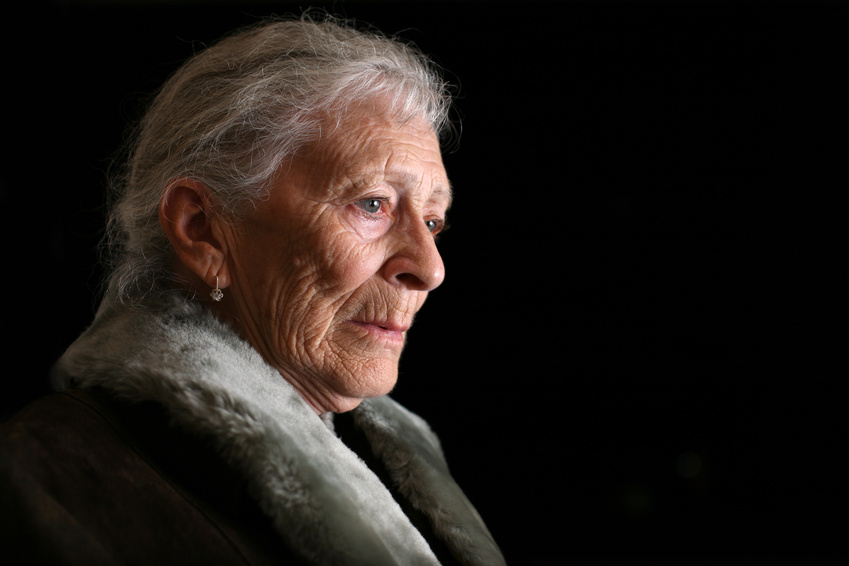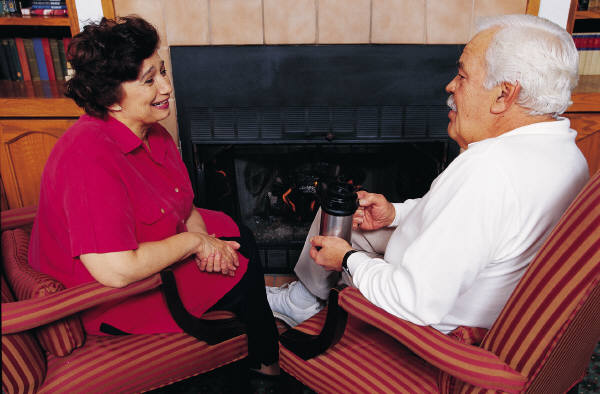Tag: Caregivers

Serving as a caregiver may require you to oversee your loved one’s legal affairs. A recent article on AARP’s website addressed this issue and included a legal checklist for Caregivers. Here are the highlights. Obtain Essential Legal Documents Your loved one should have the following key legal documents: a Will, a Power of Attorney, and Advance […]

“Advocates are celebrating an important victory for individuals who provide care for their parents at home. The new decision will likely lead to a substantial expansion in the number of homes transferred to those caregivers.” A New Jersey Appellate Division recently reaffirmed the state’s regulation that allows older adults to transfer their homes to adult […]

“Each year, senior citizens lose billions of dollars to financial fraud, with the loss to individual victims averaging tens of thousands of dollars.” The extended isolation and loneliness during the coronavirus pandemic is creating the perfect storm for financial exploitation of seniors, who are unable to visit with family members and friends, reports Fredericksburg Today […]

Helping a loved one when they are not able to care for themselves, whether because they are ill or frail due to advancing age, is a challenging task. Oftentimes an adult child is tasked with communicating with doctors, managing a parent’s healthcare and their finances as well. It is a difficult task, but there are […]










